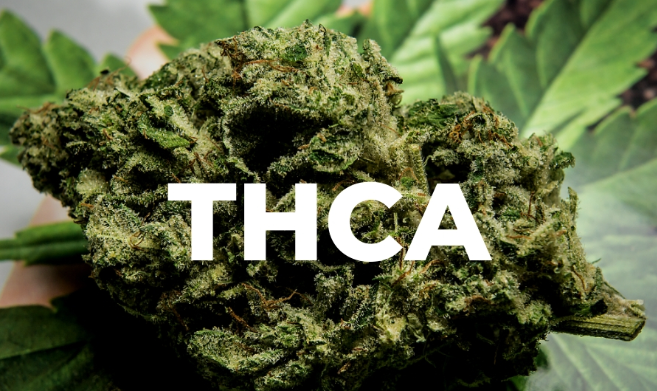Is THCA Safe? Understanding Its Benefits and Risks
THCA, or tetrahydrocannabinolic acid, is a non-psychoactive cannabinoid found in raw and live cannabis plants. Unlike THC (tetrahydrocannabinol), which is well-known for its psychoactive properties, THCA does not produce a “high” when consumed. Instead, it offers potential therapeutic benefits and has sparked interest in the medical and wellness communities. However, when considering its safety profile, several factors must be taken into account.
What is THCA?
THCA is the precursor to THC and is abundantly present in freshly harvested cannabis plants. It converts to THC when exposed to heat through a process called decarboxylation. In its raw form, THCA offers therapeutic potential without the intoxicating effects associated with THC.
Potential Benefits of THCA
Research into the potential benefits of THCA is ongoing, but early studies and anecdotal evidence suggest several promising applications:
Anti-inflammatory Properties: THCA shows potential as an anti-inflammatory agent, which may benefit conditions like arthritis and inflammatory bowel diseases.
Neuroprotective Effects: Some studies indicate that THCA may have neuroprotective properties, offering potential therapeutic benefits for neurodegenerative diseases like Alzheimer’s.
Anti-emetic Effects: THCA has been studied for its ability to reduce nausea and vomiting, particularly in patients undergoing chemotherapy.

Safety Considerations of THCA
While THCA shows promise, its safety profile requires careful consideration:
Lack of Psychoactivity: Unlike THC, THCA does not induce a high. This property makes it potentially safer for those seeking therapeutic benefits without impairment.
Research Gaps: Despite promising preliminary studies, research on THCA is still in its early stages. Long-term studies on its safety and efficacy are needed to fully understand its effects.
Potential Contaminants: As with any cannabis product, purity and contaminants can be a concern. Proper sourcing and testing are crucial to ensure safety.
Legal Status and Regulations of the Safety
The legal status of THCA varies by region. In some places, it may be legally accessible as a dietary supplement or medical cannabis product. However, regulations can be complex and subject to change, so users should stay informed about local laws.
Conclusion
In conclusion, THCA shows exciting potential as a non-intoxicating cannabinoid with possible therapeutic benefits. Its safety profile appears favorable, especially compared to THC. However, more research is necessary to fully understand its long-term effects and benefits across different medical conditions.
If you’re considering incorporating THCA into your wellness regimen, it’s essential to consult with a healthcare provider knowledgeable about cannabis therapeutics. They can provide personalized guidance based on your health needs and goals.
Explore the evolving research on THCA and its applications to make informed decisions about its use. Stay informed, stay safe, and discover the potential benefits of this intriguing cannabinoid.


